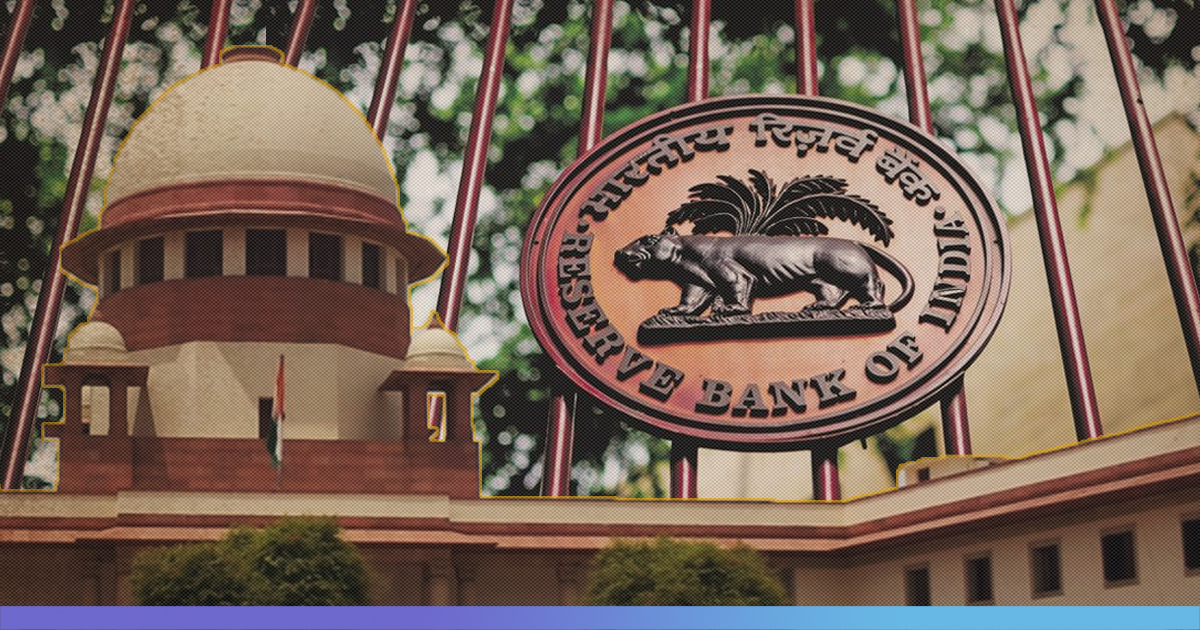The Supreme Court of India in a bid to bring transparency in the banking system of the country has ordered the Reserve Bank to disclose a list of willful defaulters lists, annual audit reports, and non-performing assets under Right To Information (RTI) Act on April 26, reported Live Law.
Responding to the contempt petition against the RBI’s disclosure policy filed by RTI activist Subhas Chandra Agrawal in 2017, the bench comprising of Justices Nageswara Rao and MR Shah delivered the judgement. The RTI activist represented by advocate Prashant Bhushan and Pranav Sachdeva blamed the central bank for allegedly disobeying the Supreme Court’s previous orders in the Reserve Bank of India Vs Jayantilal N Mistry and others(2015) case, where the top court had asked the bank to disclose the information under the RTI Act. The petition stated, ” The said policy states how RBI headquarter has decided not to disclose information with regards to applications received under the Right to Information Act 2005, in clear violation of the judgment of this Hon’ble Court.”
RBI opposed SC’s previous order
In a landmark judgement during Jayantilal N Mistry case, the top court had then said that RBI is directed to disclose information. The SC in today’s decision further warned RBI that if the bank further opposes the court’s order, then it will have to face dire consequences as it will lead to severe contempt of court proceedings. The SC in it’s today’s order said, “We could have taken a serious view of the continued violations but giving a last opportunity to the RBI to withdraw policy.”
RBI’s ‘disclosure policy’ not enough for SC
The RBI throughout these years had banked upon the ‘disclosure policy’. The bank had asked its Public Information Officers (PIOs) not to share virtually all information, including the kind of information that SC had directed to share. The bank then had banked upon the fiduciary relationship between itself and the banks. To this, the top court then refuted and said that RBI does not place itself in a fiduciary relationship with the financial institutions as the statements of the bank, reports of the inspections, and information related to the business obtained by the RBI does not fall under the pretext of confidence or trust. The watchdog of transparency, Central Information Commission (CIC) last year had severely reprimanded the RBI for its “anti-RTI (Right to Information) policy”. The commission had then directed the RBI and PMO’s office to disclose the list of willful loan defaulters and former RBI governor Raghuram Rajan’s letter on bad loans.
Also Read: Going Against SC’s Order, RBI To Not Disclose RTI Queries On Bank Audits













